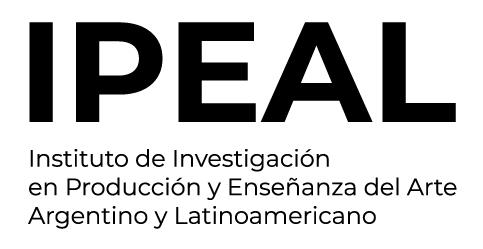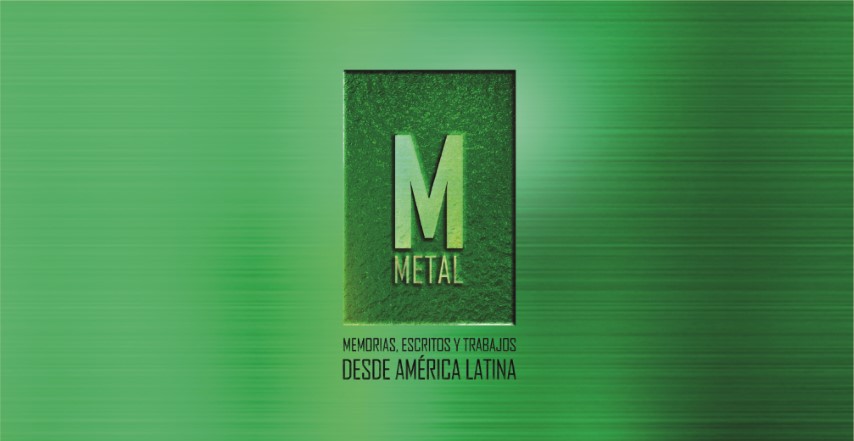Feminisms in Children’s Theater
Children’s Theater Theory and Feminist Epistemology
DOI:
https://doi.org/10.24215/24516643e024Keywords:
Theatre, infancies, epistemologies, intersectionality, situated knowledgesAbstract
Some concepts of feminist theories will be exchanged with studies on childhood in the search for the building of a children’s theatrical theory and its tensions in terms of sex-gender. We will work on the assumption that the child, as the signifier of the scenic event, has already been signified because it is a permanent social category. Thus, gender will be taken as a strategic operator to dismantle said assertion, focusing on two concepts of feminist epistemologies: intersectionality and situated knowledges.References
Carli, S. (2002). Niñez, pedagogía y política. Transformaciones de los discursos acerca de la infancia en la historia de la educación argentina entre 1880 y 1955. Ciudad Autónoma de Buenos Aires, Argentina: Miño & Dávila.
Casella, G. (2020). Teatro para niños y performatividad de género. El teatro infantil platense como estrategia de crianza heteronormada (Tesis de maestría). Recuperado de http://sedici.unlp.edu.ar/handle/10915/98494
Diker, G. (2009). ¿Qué hay de nuevo en las nuevas infancias? Ciudad Autónoma de Buenos Aires, Argentina: Universidad Nacional de General Sarmiento.
Dubatti, J. (2012). Introducción a los estudios teatrales. Propuedéutica. Ciudad Autónoma de Buenos Aires, Argentina: Athuel.
Gaitán, L. (2006). La nueva sociología de la infancia. Aportaciones de una mirada distinta. Política y Sociedad, 43(1), 9-26.
Haraway, D. (1995). Ciencia, cyborgs y mujeres. La reinvención de la naturaleza. Madrid, España: Cátedra.
hooks, b. [1984] (1992). El poder de descreer. Cambiando las perspectivas sobre el poder. En S. Chejter (Comp.), El sexo natural del Estado. Mujeres: alternativas para la década de los 90 (pp. 161-172). Montevideo, Uruguay: Nordan.
Richard, N. (2002). Género. En C. Altamirano (Comp.). Términos críticos de Sociología de la Cultura (pp. 95-101). Ciudad Autónoma de Buenos Aires, Argentina: Paidós.
Sormaní, N. (2004). El teatro para niños. Del texto al escenario. Rosario, Argentina: Homo Sapiens Ediciones.
Viveros Vigoya, M. (2016). La interseccionalidad: una aproximación situada a la dominación. Debate Feminista, (18), 1-17.
Downloads
Published
How to Cite
Issue
Section
License
The acceptance of the manuscript by the magazine means the non-exclusive cession of the property rights of the authors in favour of the editor, who allows the reuse, after publication (post print), under a license Attribution-NonCommercial-NoDerivatives 4.0 International.
According to these terms, the material can be copied and redistributed by any means or in any format as long as a) the author and original source of the publication are quoted (magazine and URL of the work), access to the license is provided and whether changes have been made is mentioned; and b) the material is not used for commercial purposes.
The cession of non-exclusive rights means that after the publication (post print) in Metal the authors can publish their work in any language, means and format; in such cases it must be mentioned that the material was originally published in this magazine. Such cession also means the authorization of the authors for the work to be collected by SEDICI, the institutional archive of the Universidad Nacional de La Plata, and to be spread in the databases that the editorial team considers appropriate to increase the visibility of the publication and its authors.
Moreover, the magazine encourages the authors to deposit their productions in other institutional and thematic archives under the principle that offering the society the scientific and academic production without any restrictions contributes to a greater exchange of the global knowledge.



























